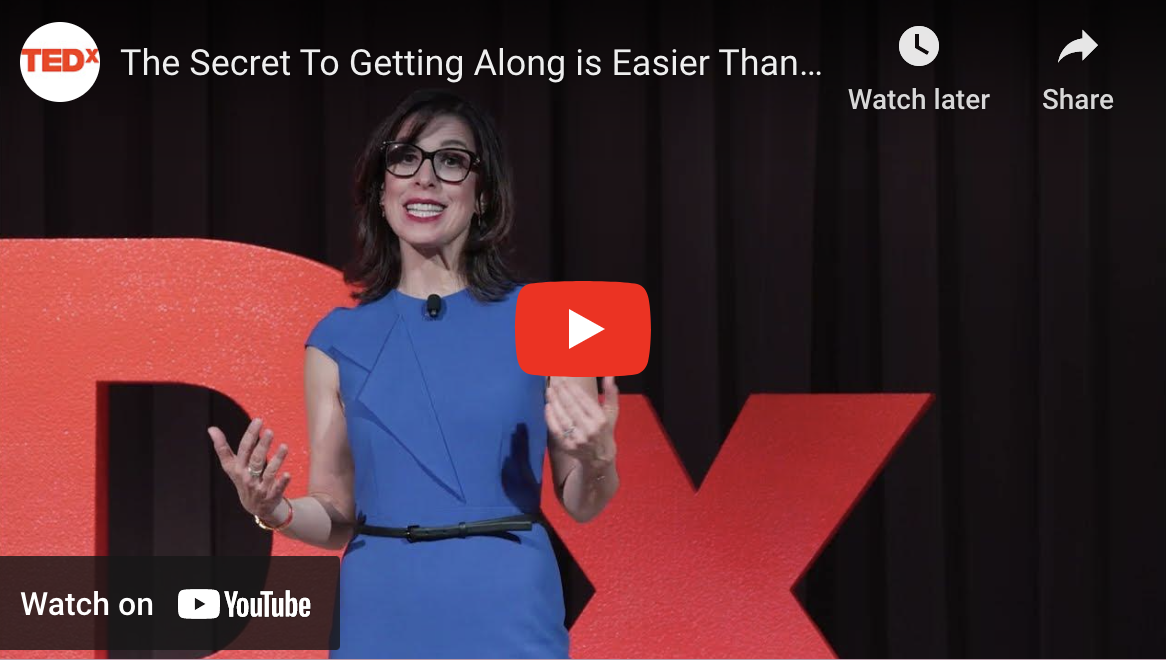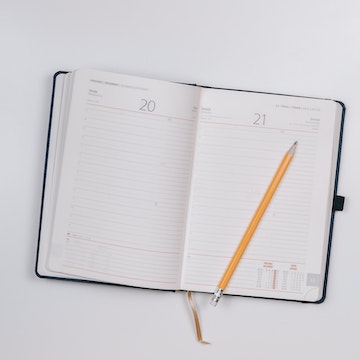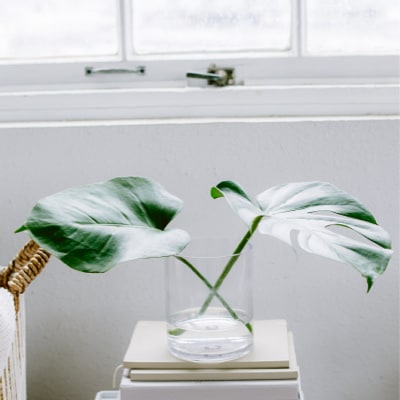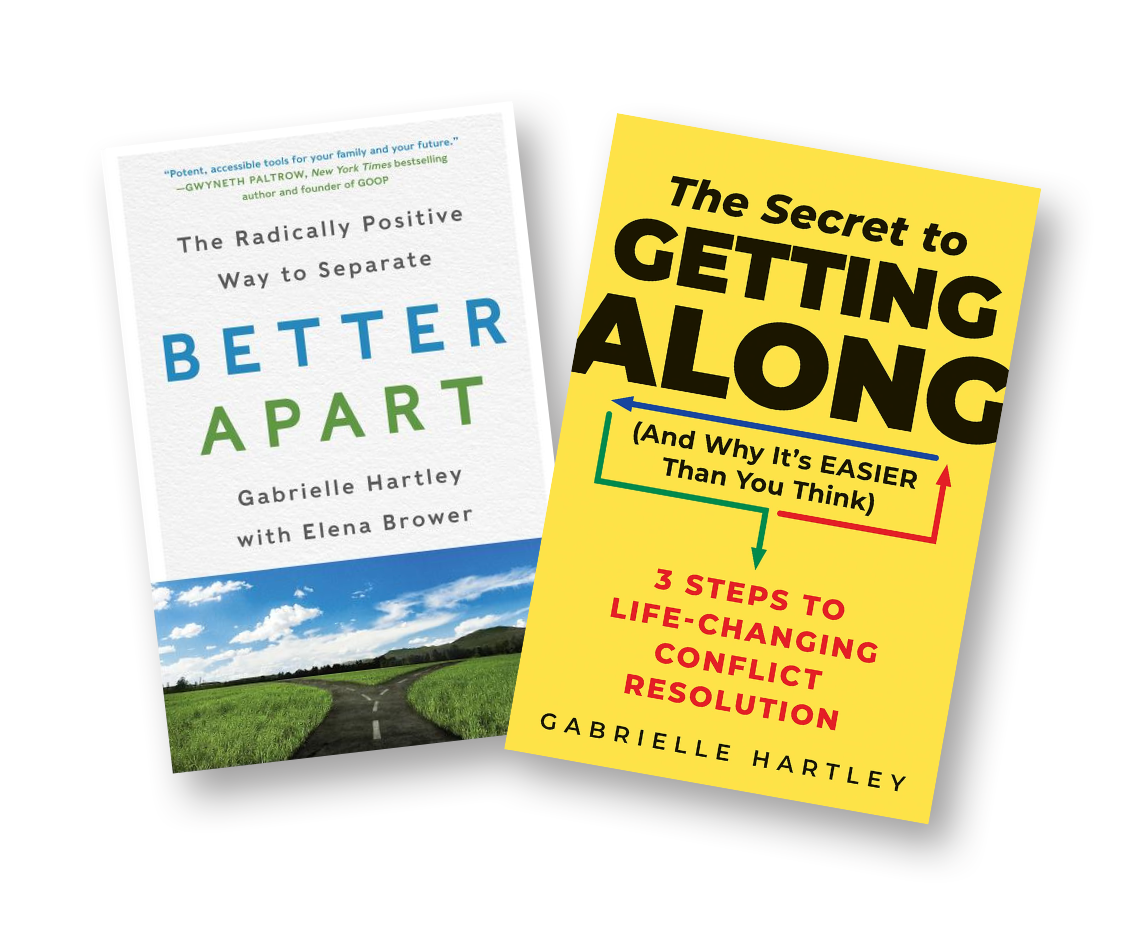Journaling for Healing for Kids and Adults After Divorce

With divorce comes chartering new and unknown territory for both adults and their children. From navigating the heavy emotional toll, new family dynamics, and adjusting to different homes and routines, it is a major life upheaval.
Amidst this change, new schedules will be forged, a new home will be made, but… how do we cope with and make sure our hearts, our child’s and our own, are healed?
Healing is not a linear or straightforward process. It’s not an exact science nor is there a manual to follow. While there are different methods to aid in healing, journaling is recognized as one of the most powerful and effective tactics to help. While we may think of journaling as an “adult” activity, the benefits of journaling for healing apply to adults and kids alike.
Luckily, journaling is a practice that is accessible to everyone. Kids as young as toddler age can start by drawing their feelings while adults can journal well into their senior years. So, why exactly should both adults and kids journal for healing during and after divorce? Let’s dive deeper into how journaling aids in healing.
Benefits of Journaling for Healing for Kids and Adults
1. Relieves stress and anxiety
Journaling provides a healthy outlet to release emotions, thoughts, and feelings that we often bottle up inside. Much research has been done around journaling for mental health whereas a 2021 study by the NIH found that expressive writing was associated with long-term perceived benefits and behavior changes in reducing stress for families.
2. Time and Space to Process Events
People process experiences in different ways and speeds. Taking the opportunity to reflect on what has happened gives one the opportunity to confront past or current events at their own pace as they are ready.

3. Allows One to Recognize and Regulate Feelings and Emotions
When a huge life event like divorce occurs, it is normal and expected for adults and kids to have big, overwhelming feelings. Effects on children can be especially hard and according to the Center for Childhood Counseling, “Children tend to internalize feelings of guilt or self-blame over their parents’ divorce that can affect them for the rest of their lives.” Recognizing, confronting, and dealing with those emotions is a step forward on the path to healing.
4. Communicate thoughts and ideas
Sometimes, it can be hard to verbalize what we feel. Journaling is an open ended activity that encourages free and uninhibited expression through writing, drawing or other means in a safe space that’s up to its creator.
5. Helps Uncover Fears and Concerns
Post divorce life is often full of uncertainty and this unknown naturally leads us to have various fears and concerns. Only by realizing and uncovering these fears and concerns can we begin to find ways to rationalize and find solutions to address them head on.
6. Develops Self-Awareness
Adequate and consistent reflection on feelings and events provides an opportunity to understand oneself better and even see things from a different point of view. Journaling can help adults and kids gain clarity and develop a better relationship with themselves.

How Kids and Adults Can Start Their Journaling for Healing Practice
The beauty of journaling for healing is that there is no right or wrong way to go about it and it’s easy to begin.
One important consideration before starting, specifically for children, is determining who it can or can’t be shared with. Give your child a voice and respect their wishes if they want it to remain private. A great option for younger kids, preschoolers to elementary school age, who may need that extra support post divorce, is to have an openly shared family journal which will give both parents insight into a child’s world.
Ready to get started? Here are a few helpful tips:
- All you need is something to write on and a writing instrument. Loose leaf paper, a special notebook, pens, pencils, crayons – pick your favorite supplies and you’re ready to go!
- Just go with the flow. Write what you feel, illustrate an event that occurred, or, you can even opt to answer a journal prompt question such as “What are you grateful for today?”
- Incorporate journaling into the routine or schedule: Pick a time of day and place where you feel at eas
- And last but not least, remember that journaling is a no pressure, structure, and rule-free zone. All forms of expression are encouraged!
Healing after divorce isn’t easy, but journaling is a practice for kids and adults that will provide a needed pathway toward their healing journey.
For parents who want to show up for their kids and truly support them amidst a divorce, you must first show up for yourself by being the best version of you and doing the work to heal. Help your child heal, by letting them have a voice and place to express themselves freely so they can get through this difficult time. It’s easy to start and once you do, you’ll find that journaling is an incredible outlet that’ll bring some peace and clarity to hearts and minds.

About the Author
Fiona Kong is a single mom of a 5-year old boy and the founder of Home Sweet Homes: A Journal and Planner for Co-parents & Child. She’s on a mission to help co-parented children heal and families stay connected post divorce or separation. Separated since 2019, she believes in co-parenting with compassion and created Home Sweet Homes to be a special book that stays with the child between homes to provide kids with the structure, stability, and a safe space to communicate, process and navigate their two-home experiences.
Connect with Fiona



About the Author
Fiona Kong is a single mom of a 5-year old boy and the founder of Home Sweet Homes: A Journal and Planner for Co-parents & Child. She’s on a mission to help co-parented children heal and families stay connected post divorce or separation. Separated since 2019, she believes in co-parenting with compassion and created Home Sweet Homes to be a special book that stays with the child between homes to provide kids with the structure, stability, and a safe space to communicate, process and navigate their two-home experiences.
Connect with Fiona


FOLLOW GABRIELLE


DISCLAIMER: The commentary, advice, and opinions from Gabrielle Hartley are for informational purposes only and not for the purpose of providing legal advice or mental health services. You should contact an attorney and/or mental health professional in your state to obtain advice with respect to any particular issue or problem.
- One Edgewater Plaza Suite 304, Staten Island, NY 10305
- 266 Smith Street, Brooklyn, NY 11231
Northampton MA
PHONE:
New York: (917) 905-4553
Boston: (413) 450-0420








